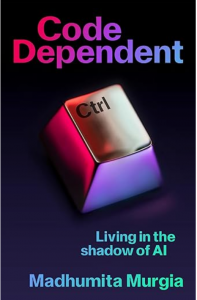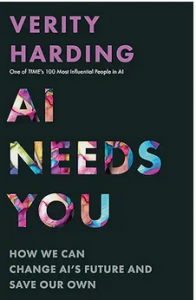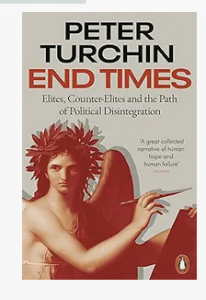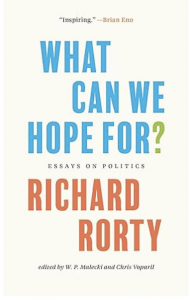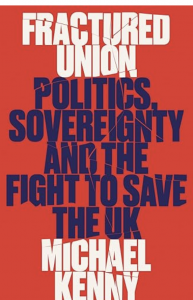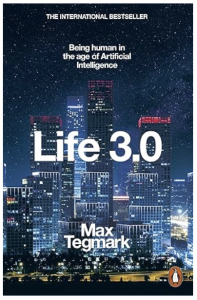Code Dependent: Living in the shadow of AI by Madhumita Murgia is a gripping read. She’s the FT’s AI Editor, so the book is well-written and benefits from her reporting experience at the FT and previously Wired. It is a book of reportage, collating tales of people’s bad experiences either as part of the low-paid work force in low income countries tagging images or moderating content, or being on the receiving end of algorithmic decision-making. The common thread is the destruction of human agency and the utter absence of accountability or scope for redress when AI systems are created and deployed.
The analytical framework is the idea of data colonialism, the extraction of information from individuals for its use in ways that never benefit them. The book is not entirely negative about AI and sees the possibilities. One example is the use of AI on a large sample of knee-xrays looking for osteo-arthritis. The puzzle being tackled by the researcher concerned was that African American patients consistently reported greater pain than patients of European extraction when their X rays looked exactly the same to the human radiologists. The solution turned out to be that the X rays were scored against a scale developed in mid-20th century Manchester on white, male patients. When the researcher, Ziad Obermeyer, fed a database of X-ray images to an AI algorithm, his model proved a much better predictor of pain. Humans wear blinkers created by the measurement frameworks we have already constructed, whereas AI is (or can be) a blank slate.
However, this is one of the optimistic examples in the book, where AI can potentially offer a positive outcome for humans. It is outnumbered by the counter-examples – Uber drivers being shortchanged by the algorithm or falsely flagged for some misdemeanour and having no possibility of redress, women haunted by deepfake pornography, Kenyan workers traumatised by the images they need to assess for content moderation yet unable to even speak about it because of the NDAs they have to sign, data collected from powerless and poor humans to train medical apps whose use they will never be able to afford.
The book brought to life for me an abstract idea I’ve been thinking about pursuing for a while: the need to find business models and financing modes that will enable the technology to benefit everyone. The technological possibilities are there but the only prevailing models are exploitative. Who is going to find how to deploy AI for the common good? How can the use of AI models be made accountable? Because it isn’t just a matter of ‘computer says No’, but rather ‘computer doesn’t acknowledge your existence’. And behind the computers stand the rich and powerful of the tech world.
There are lots of new books about AI out or about to be published, including AI Needs You by my colleague Verity Harding (I’ll post separately). I strongly recommend both of these; and would also observe that it’s women in the forefront of pushing for AI to serve everyone.

